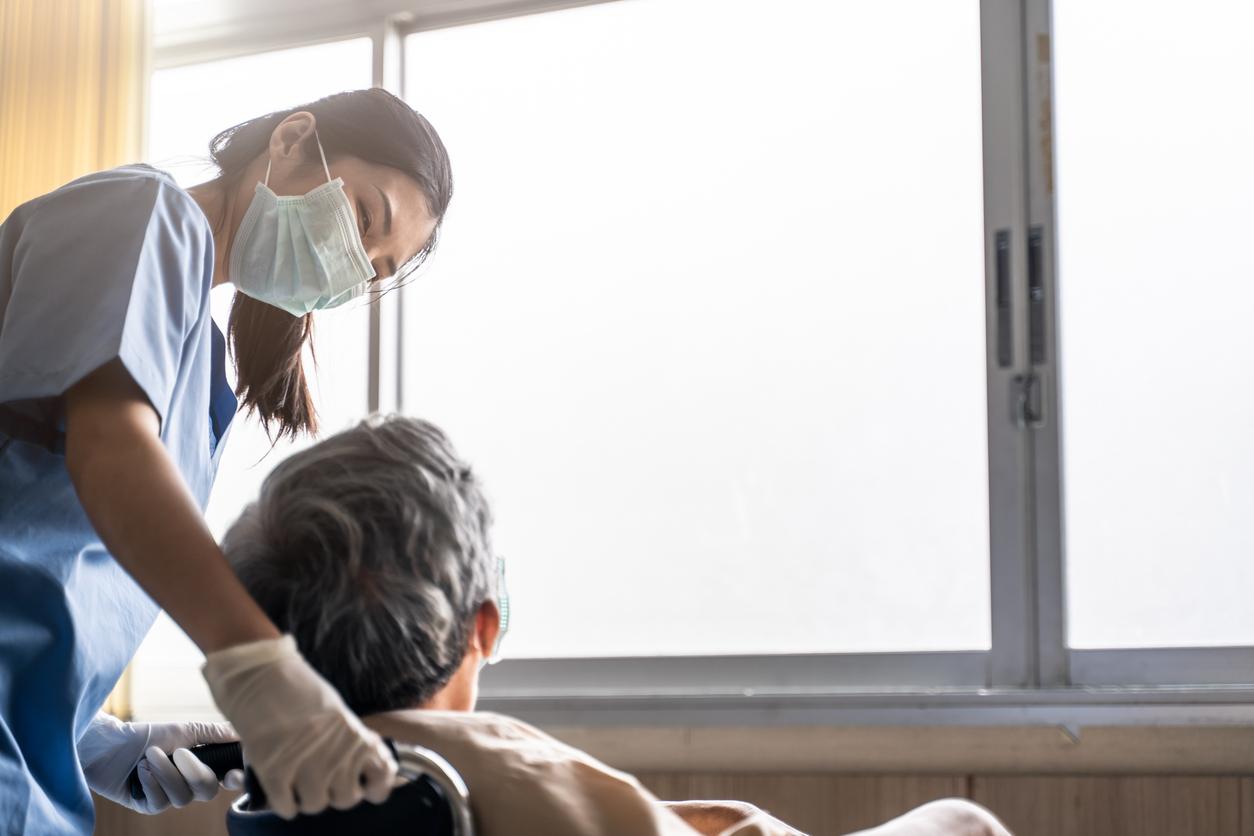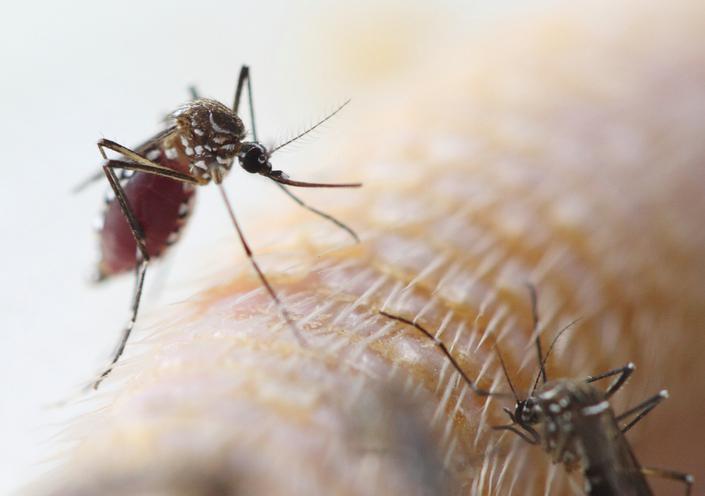
Despite widespread exposure, residents in a Kentucky nursing home in 2023 did not contract mpox from an infected worker, suggesting that routine caregiving is not a robust risk factor for mpox transmission.
A study spotlighting the case was published last week in the American Journal of Infection Control. In 2023, a certified nursing assistant (CNA) worked three shifts while infectious with mpox, exposing as many as 56 residents to the virus.
"The ill CNA reported working in all areas of the facility, provided feeding, hygiene, and other care as needed, and was not restricted to specific patients or areas of the building," the authors wrote. "The CNA reported adherence to standard precautions, which in their role generally meant glove use, unless other personal protective equipment was required by resident isolation precautions."
Standard safety precautions worked
Officials from the Kentucky Department of Public Health notified residents of exposure and offered all residents Jynneos vaccine as post-exposure prophylaxis (PEP). Almost half of the residents (26) were vaccinated 10 and 15 days after exposure.
At 21 days after the last day of possible exposure, no residents had experienced fever or skin lesions consistent with mpox.
"At 21 days after the last day of possible exposure, no residents had experienced fever or skin lesions consistent with mpox, and temperature and skin checks were discontinued. The index patient, the CNA, fully recovered," the authors wrote.
Vaccination likely did not play a significant a role in limiting spread. Rather, close adherence to glove-wearing and other standard precautions likely protected residents, the authors said.
PEP with Jynneos has been shown to be most effective within 4 days of exposure.













